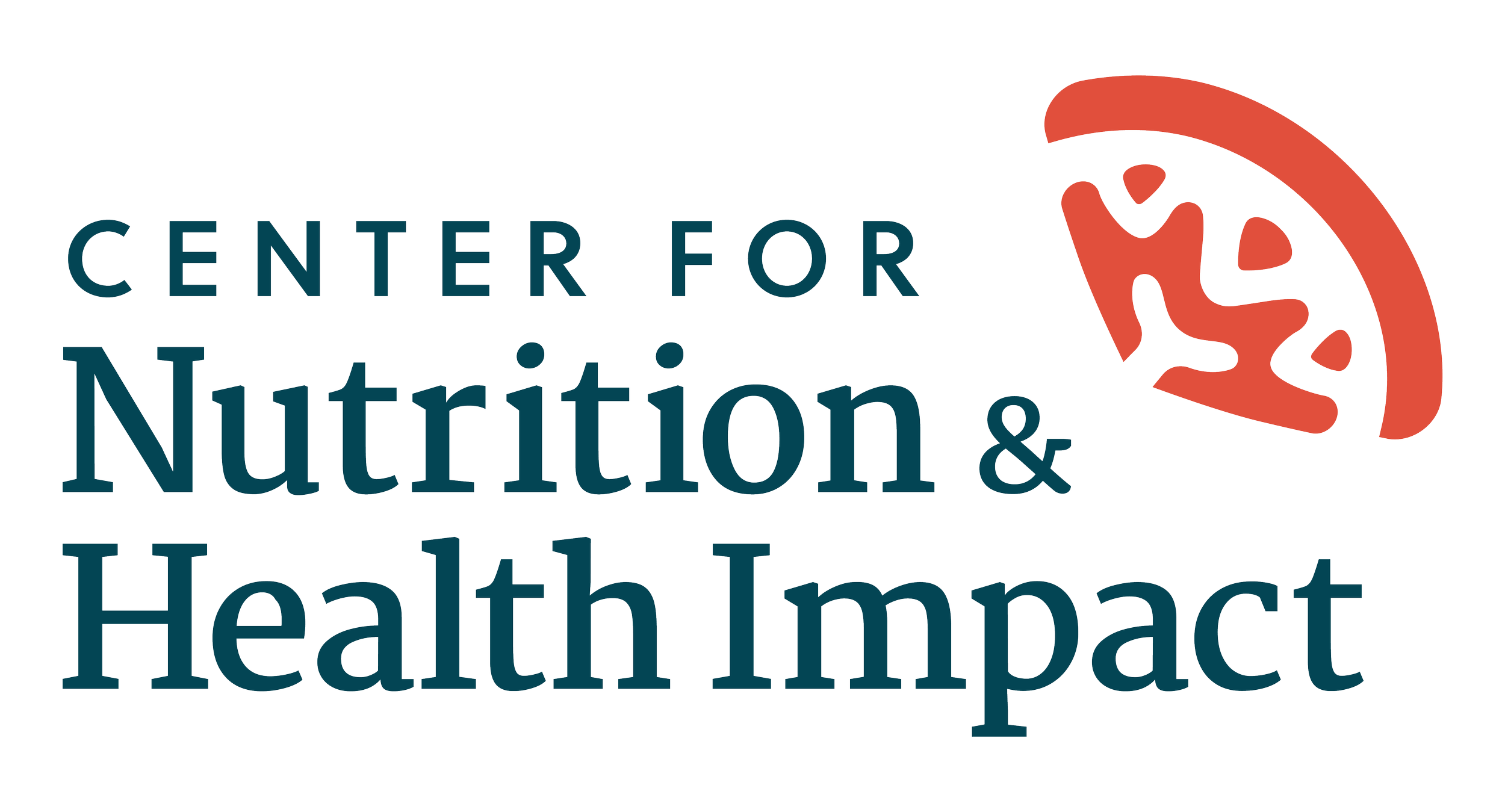Hispanic Heritage Month: Part I
Hispanic Heritage Month: Part I
In honor of Hispanic Heritage Month, we released a collection of articles which highlight nutrition, food security and health equity challenges within Hispanic and Latino/a/x communities. This is the first article in our collection.
------- + -------
During Hispanic Heritage Month, we uplift Hispanic and Latino/a/x voices and celebrate their traditions, cultures and contributions within the United States. It is also a time to honor those who are committed to uprooting unjust systems that impact Hispanic and Latino/a/x people’s health outcomes, well-being and quality of life.
Hispanic and Latino/a/x communities in the U.S. work hard to ensure households have access to the nutritious food they need. Despite building strong social networks and resiliency, Hispanic and Latino/a/x individuals disproportionately face challenges in achieving food and nutrition security. According to the U.S. Department of Agriculture’s most recent report on household food security, in 2021:
16.2%
of Hispanic/Latino/a/x Americans experienced low food security
2x
Hispanic/Latino/a/x individuals were over twice as likely to experience low food security compared to individuals self-identifying as non-Hispanic White
18%
of Hispanic/Latino/a/x households with children experienced low food security
According to Center for Nutrition and Health Impact (formerly the Gretchen Swanson Center for Nutrition) partner UnidosUS, many factors contribute to these health disparities, including:
Lack of access to education and nutrition/health knowledge
Limited access to culturally relevant information
Digital literacy limitations
UnidosUS and Feeding America posit that these disparities can be attributed to:
Racial prejudice
(Feeding America, 2021)
Language, education and cultural barriers (Feeding America, 2021)
Added to that, the COVID-19 pandemic exacerbated low food security, diet-related diseases and health disparities, with 47 percent of Hispanic and Latino/a/x households with children reporting food hardship from April to June 2020–the highest percentage among surveyed groups who are marginalized, according to 2020 a Northwestern University research report.
------- + -------
At the Center for Nutrition and Health Impact (formerly the Gretchen Swanson Center for Nutrition), we strive to practice cultural humility and support programs that improve health outcomes and quality of care for populations that are working to overcome historic marginalization and exclusion. We seek to be a leader in health equity, helping to eliminate health disparities among the diverse communities we serve through public health nutrition research, education and outreach. We honor and celebrate all Hispanic and Latino/a/x Center staff, program grantees, partners and funders, and we thank them for their many contributions to the Center, national and international communities, and nutrition research.








